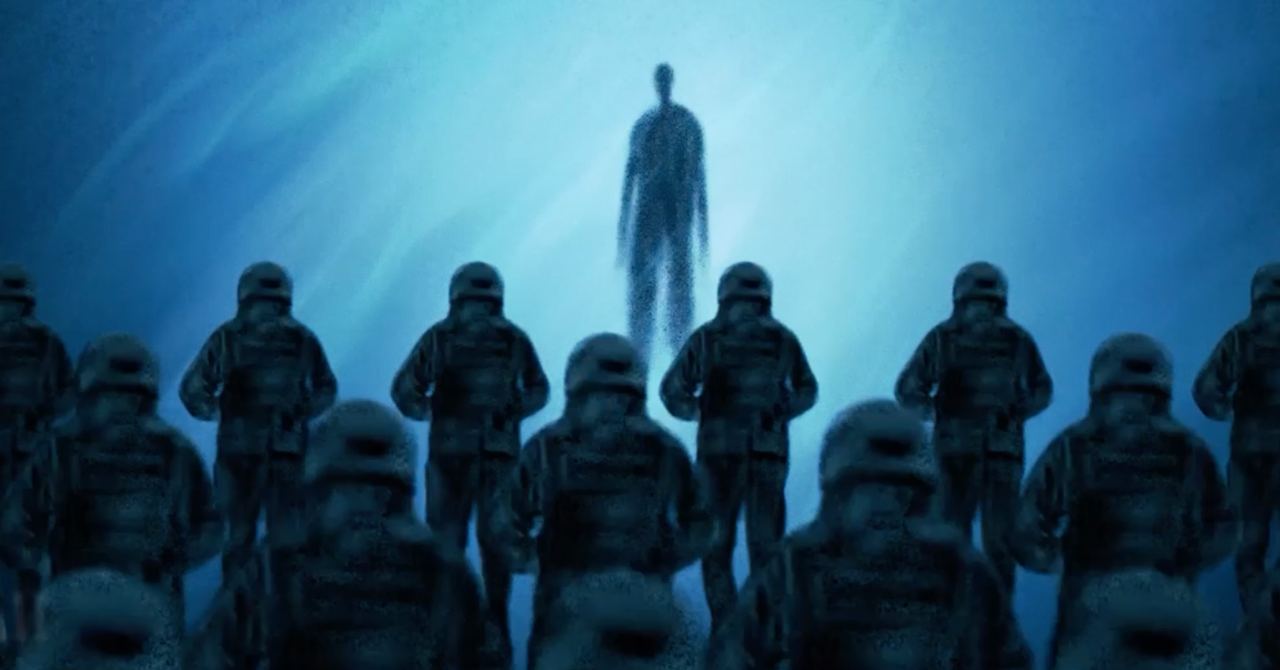The No-go Theorem for Torswats: Bringing the swattings out of the Black Hole
swattings have continued to spread across the US and Dennis has not been able to take it in. There has been no new villain who represents the threat. There has been no shortage of new nihilist troll willing to pick up where he left off.
In a May interview with WIRED, Torswats admitted that he made his hoax calls partly for fame and partly for political reasons. “It’s taking money that would normally be used for welfare checks to Jews and to bankers and to oligarchs,” he said in his drawl, “and it’s being spent on searching schools.”
In November, just weeks after his 18th birthday, Filion pleaded guilty to charges stemming from his nationwide spree of swatting calls. He faces up to 20 years in prison for four counts of making interstate threats to injure another person. The teenager is waiting on a sentence in a jail cell in Florida.
Bringing Back the Granny: Finding a Monster to Restore His Career and Something He Never Learned Before He Came to Lose
Dennis is in another place of purgatory. He ate breakfast, checked his email, and played the video game Rocket League when a WIRED reporter visited him recently. Throughout the evening, he carried a loaded glock in a holster, a round in the chamber, no safety. He drinks Red Bulls every two hours, exactly, now timed with alarms on his phone, to space out his caffeine intake. He no longer gets visits from the squirrels. He can’t be sure, but he believes that his favorites—Jackie, Jesse, Alvin, Doug—have died of old age or been killed by other animals. Dennis does not have the ability to befriend new people.
On one of his nighttime drives through Seattle’s skid rows, he recently spotted an 11-year-old girl near a Krispy Kreme. He recognized her from a poster of missing and exploited children. She approached his car thinking he was a customer, but he helped the police find her and connect her with a foster family. He was proud of that too, just as he was proud of being part of the case. But he has received little recognition for either, from police agencies or the FBI. His paid work as a private eye has largely evaporated. To stay afloat, he has sold off possessions—including the very computer he used to find Torswats—and for a time took up driving for Uber Eats. “It’s been the worst year I’ve had in a long time,” he says.
Dennis has no faith any of that will change. The US remains a country awash in guns, where the prospect of a mass shooting has become a pervasive, looming menace. The American police force is vulnerable to be exploited by anyone with a convincing voice and modest technical skills.
If Dennis is hopeful about anything, it’s that another high-profile case will come his way, one that will give him the same sense of purpose he felt during the Torswats investigation. As he drives around in the dark, he seems to hope that another monster will appear for him to hunt—that it might offer him a chance to repair his career and some part of the world.
“Things will happen that will change the course of your life,” he says from the driver’s seat of his Honda as he peers out of the windshield at the North Seattle streets. “Things will reveal themselves.”
